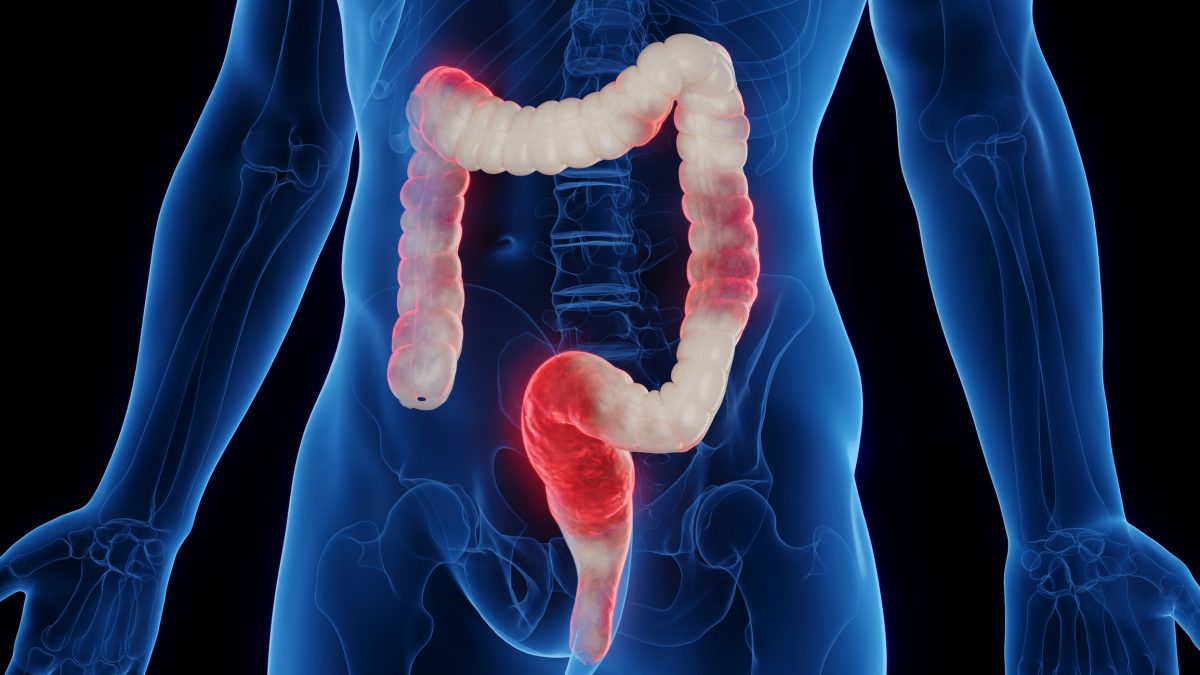Researchers have identified a new biochemical pathway as a major cause of inflammatory bowel disease (IBD) and related disorders, which can be addressed with existing medications.
IBD, an autoimmune disease that includes Crohn’s disease and ulcerative colitis, currently affects approximately 5% of the world’s population and one in every 10 people in the United Kingdom. These diseases are becoming increasingly prevalent, with over half a million individuals in the UK living with IBD by 2022, nearly double the previous prediction of 300,000.
Despite its increasing prevalence, current treatments do not work for every patient, and attempts to develop new drugs often fail due to an incomplete understanding of what causes IBD.
Researchers from the Francis Crick Institute, in collaboration with UCL and Imperial College London, have published their findings in Nature. The scientists explored a ‘gene desert’—an area of DNA that does not code for proteins—that has been previously linked to IBD and several other autoimmune diseases.
They discovered that this gene desert contains an ‘enhancer,’ a section of DNA that acts like a volume dial for nearby genes, increasing the amount of proteins they produce. The team found that this particular enhancer was only active in macrophages, a type of immune cell important in IBD, and boosted a gene called ETS2. Higher levels of ETS2 correlated with a higher risk of disease.
Using genetic editing, the scientists demonstrated that ETS2 is essential for almost all inflammatory functions in macrophages, including several that directly contribute to tissue damage in IBD. Remarkably, simply increasing the amount of ETS2 in resting macrophages turned them into inflammatory cells closely resembling those found in IBD patients.
The team also discovered that many other genes previously linked to IBD are part of the ETS2 pathway, providing further evidence that it is a major cause of IBD.
Specific drugs that block ETS2 do not exist, so the team searched for drugs that might indirectly reduce its activity. They found that MEK inhibitors, drugs already prescribed for other non-inflammatory conditions, were predicted to switch off the inflammatory effects of ETS2.
(With ANI inputs)



















